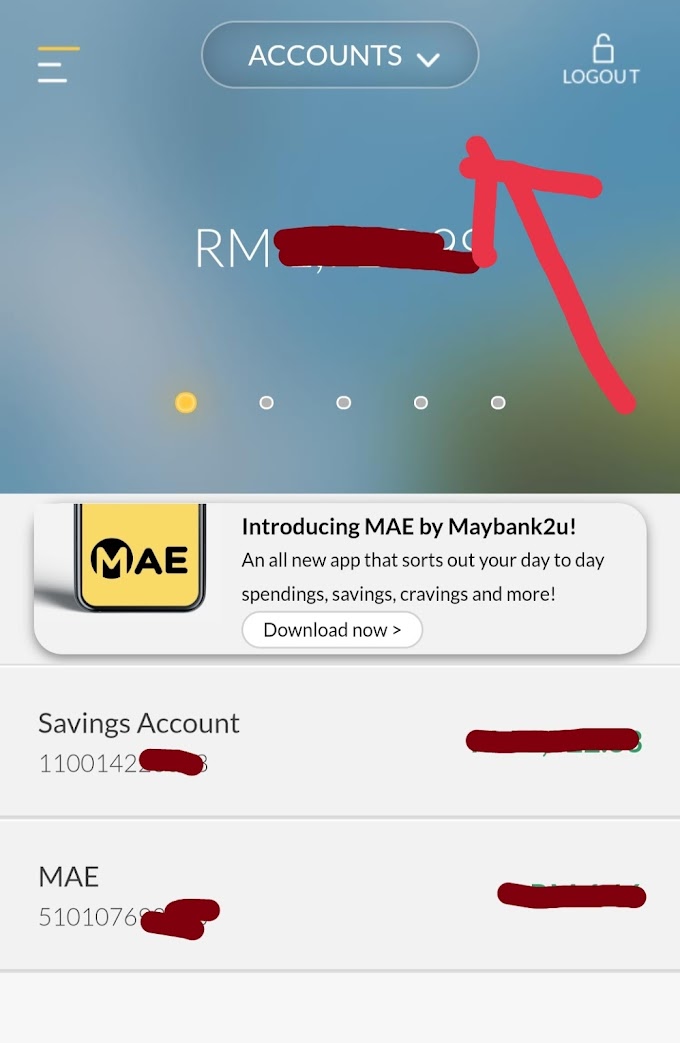Hi everyone,
We all know that getting started and sticking with the new habit for a few weeks is the hard part. Once you’ve overcome inertia, it’s much easier to keep going.
Yet we often psyche ourselves out of
getting started by mentally thinking about the change as something permanent —
before we’ve even begun. It seems too overwhelming to think about making a big
change and sticking with it every day for the rest of your life when you’re
still habituated to doing the opposite. The more you think about the change as
something permanent, the more you stay put.
But what if you thought about making
the change only temporarily — say for 30 days — and then you’re free to go back
to your old habits? That doesn’t seem so hard anymore. Exercise daily for just
30 days, then quit. Maintain a neatly organized desk for 30 days, then slack
off. Read for an hour a day for 30 days, then go back to watching TV.
Could you do it? It still requires a
bit of discipline and commitment, but not nearly so much as making a permanent
change. Any perceived deprivation is only temporary. You can count down the
days to freedom. And for at least 30 days, you’ll gain some benefit. It’s not
so bad. You can handle it. It’s only one month out of your life.
Now if you actually complete a 30-day
trial, what’s going to happen? First, you’ll go far enough to establish it as a
habit, and it will be easier to maintain than it was to begin it. Secondly,
you’ll break the addiction of your old habit during this time. Thirdly, you’ll
have 30 days of success behind you, which will give you greater confidence that
you can continue. And fourthly, you’ll gain 30 days worth of results, which
will give you practical feedback on what you can expect if you continue,
putting you in a better place to make informed long-term decisions.
Therefore, once you hit the end of
the 30-day trial, your ability to make the habit permanent is vastly increased.
But even if you aren’t ready to make it permanent, you can opt to extend your
trial period to 60 or 90 days. The longer you go with the trial period, the
easier it will be to lock in the new habit for life.
Another benefit of this approach is
that you can use it to test new habits where you really aren’t sure if you’d
even want to continue for life. Maybe you’d like to try a new diet, but you
don’t know if you’d find it too restrictive. In that case, do a 30-day trial
and then re-evaluate. There’s no shame in stopping if you know the new habit
doesn’t suit you. It’s like trying a piece of shareware for 30 days and then
uninstalling it if it doesn’t suit your needs. No harm, no foul.
Here are some other ideas for
applying 30-day trials:
- Give up TV. Tape
all your favorite shows and save them until the end of the trial. My whole
family did this once, and it was very enlightening.
- Shower/bathe/shave
every day. I know YOU don’t need this one, so please pass it along to
someone who does.
- Spend
30 minutes cleaning up and organizing your home
or office every day. That’s 15 hours total.
- Give up
cigarettes, soda, junk food, coffee, or other
unhealthy addictions.
- Become an early riser.
- Write in your journal every
day.
- Call a
different family member, friend, or business contact every day.
- Write a
new blog entry every day.
- Read for an hour a day on
a subject that interests you.
- Meditate
every day.
- Learn a
new vocabulary word every day.
- Go for
a long walk every day.
Again, don’t think that you need to
continue any of these habits beyond 30 days. Think of the benefits you’ll gain
from those 30 days alone. You can re-assess after the trial period. You’re
certain to grow just from the experience, even if it’s temporary.
The power of this approach lies in
its simplicity. Even though doing a certain activity every single day may be
less efficient than following a more complicated schedule — weight training is
a good example because adequate rest is a key component — you’ll often be more
likely to stick with the daily habit. When you commit to doing something every
single day without exception, you can’t rationalize or justify missing a day,
nor can you promise to make it up later by reshuffling your schedule.








0 Ulasan